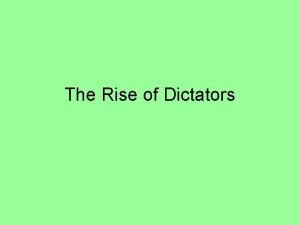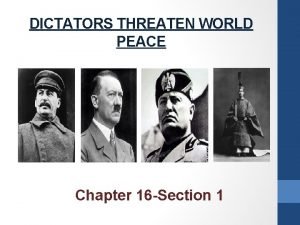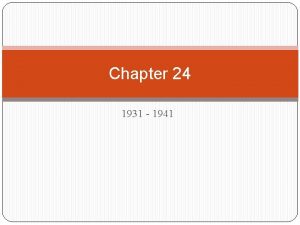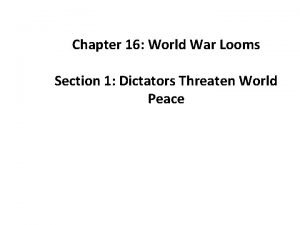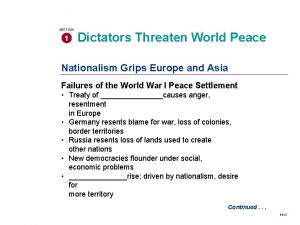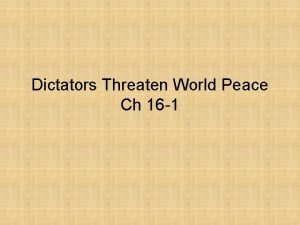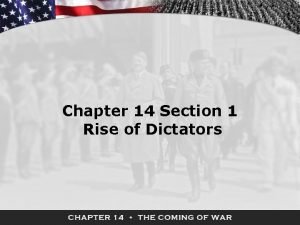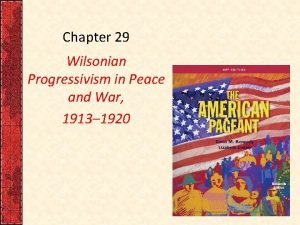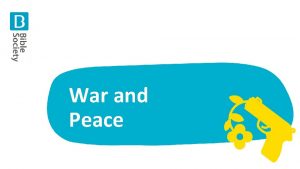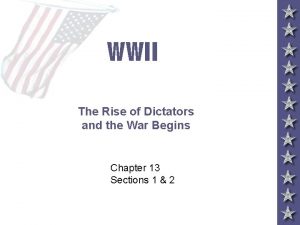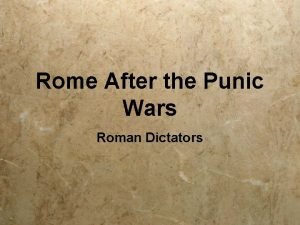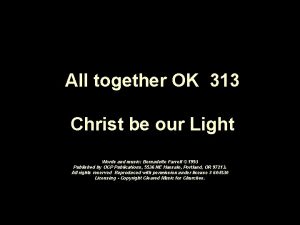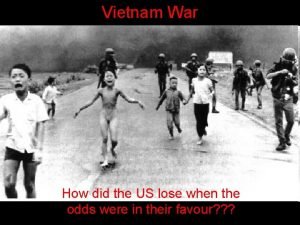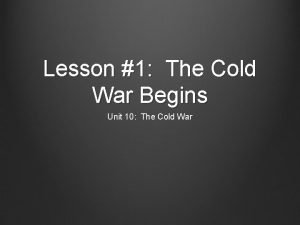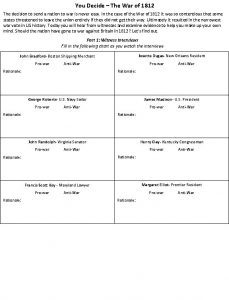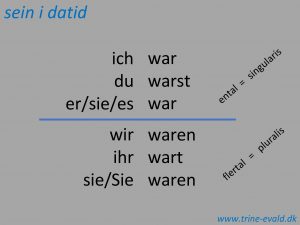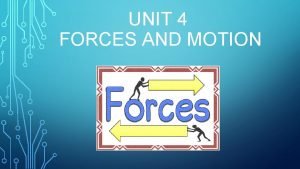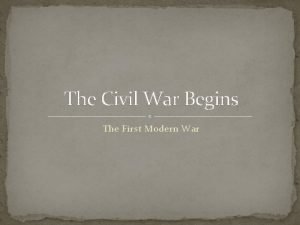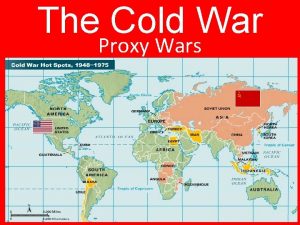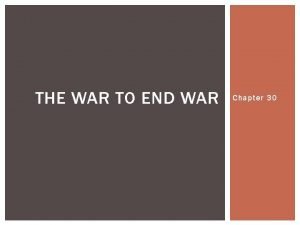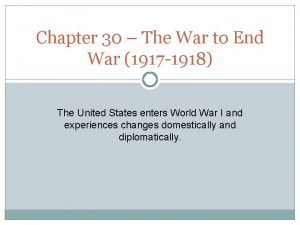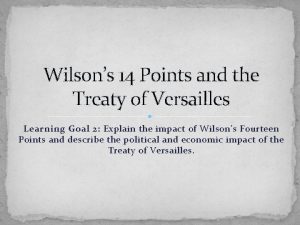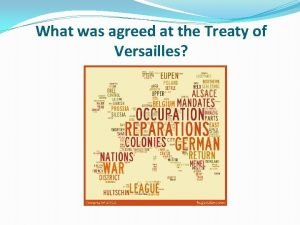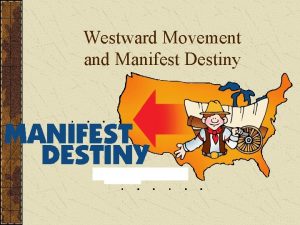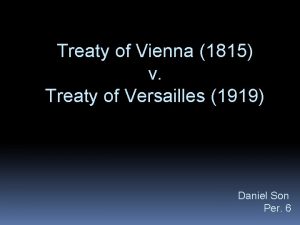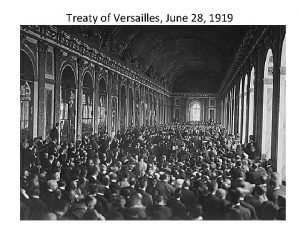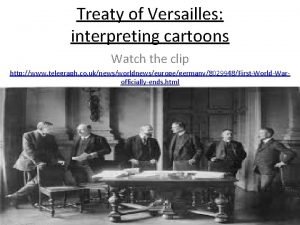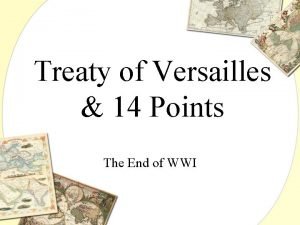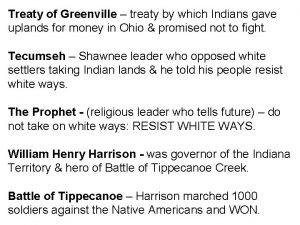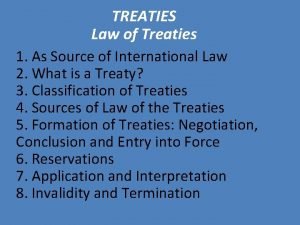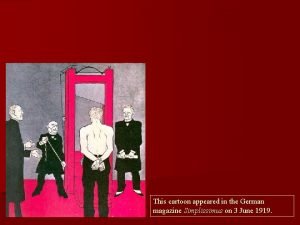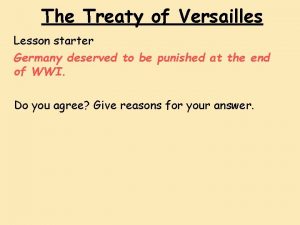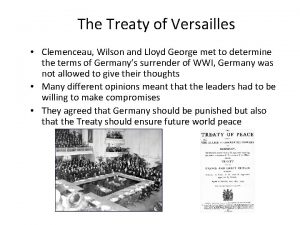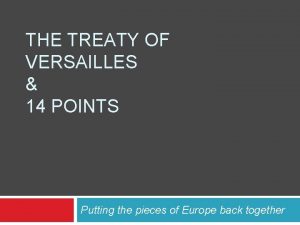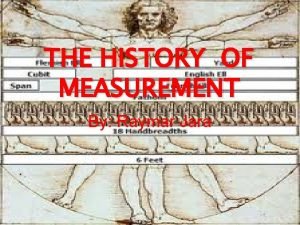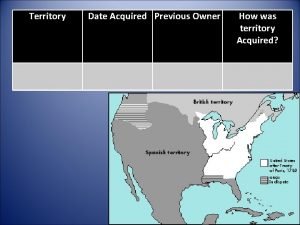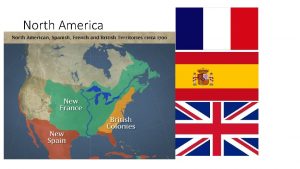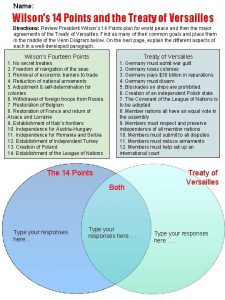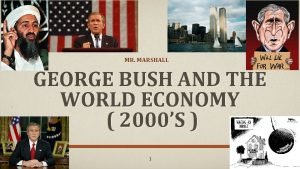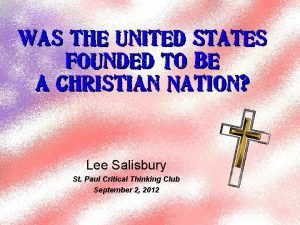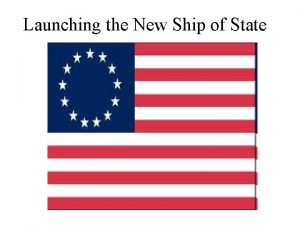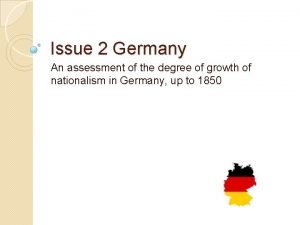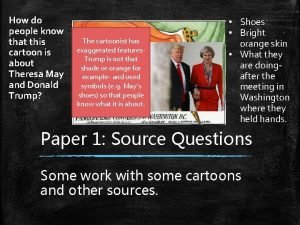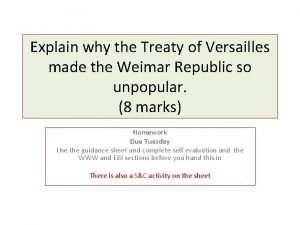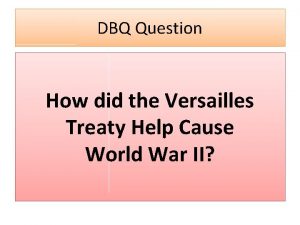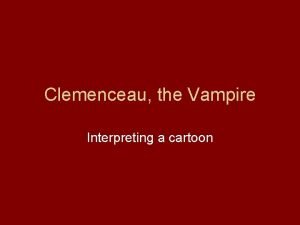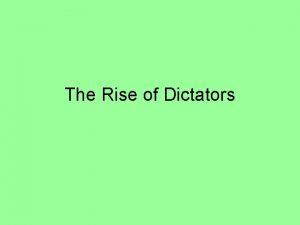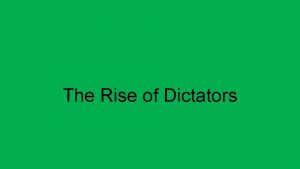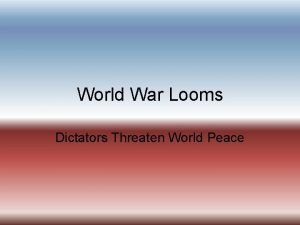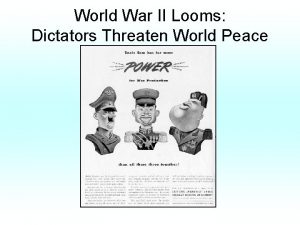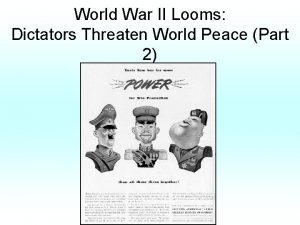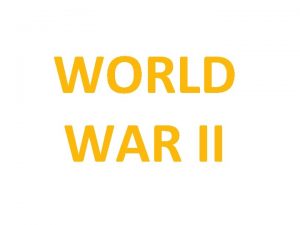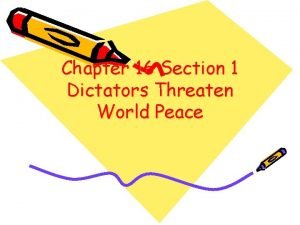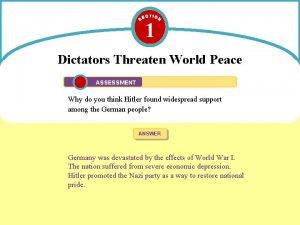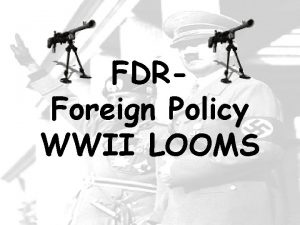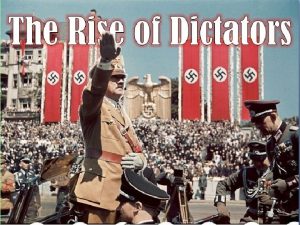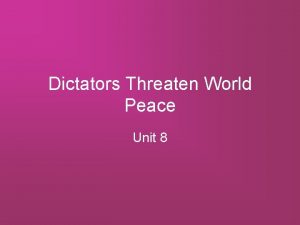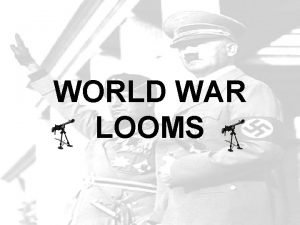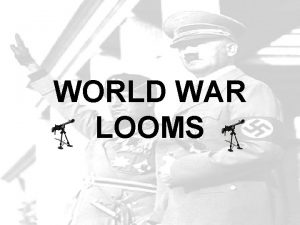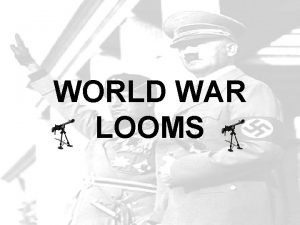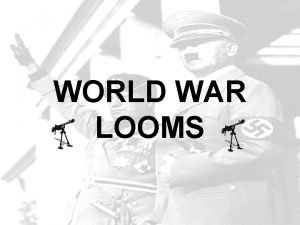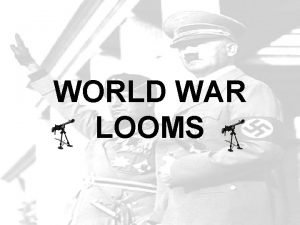World War II Dictators Threaten World Peace Treaty


























































- Slides: 58

World War II Dictators Threaten World Peace

Treaty of Versailles Treaty that ended World War I – Germany could not build a military – Germany gave up its colonies – Germany had to pay reparations to France and Britain – War Guilt Clause – Germany accepted FULL responsibility for World War I

Europe and the Depression The Great Depression was a world wide event, and hit Europe hard too – As Countries experienced economic hardships many governments were overthrown

Soviet Union Russia became the Communist Soviet Union in 1922 – Communism – government controls business and industry

Soviet Union Joseph Stalin – leader of Soviet Union – Government took over all farms and industry – By 1937 – SU was the world’s 2 nd largest industrial power

Totalitarianism Stalin kills anyone who stands in his way. Stalin’s regime killed approximately 8 -13 million Russians during his reign. Totalitarian Government – individuals have no rights, the government eliminates all opposition.

Italy Benito Mussolini establishes totalitarianism in Italy called Fascism Called “Il Duce” (The Leader)

Fascism – extreme nationalism where interest of the state is over the interest of the individual. Power must rest in a single strong leader

Germany Weimar Republic – democratic government set up after World War I Germany elected members of the Nazi Party to lead positions. Adolf Hitler – became Chancellor of Germany

Germany – Adolf Hitler Writes autobiography: Mein Kampf (My Struggle) Elected as Chancellor Disassembles Weimar Republic Sets up the Third Reich


Hitler’s Convictions Hitler’s plan for Germany summarized in “Race and Space” 1. Uniting German speaking people with Germany 2. Racial Purification – Aryan master race 3. Expand the borders of Germany for more land resources.

Skill Builder Pg 530

Graphic Pg 531 Comp/Contrast Totalitarian Leaders

Expansion Starts Axis Powers develop – Italy, Germany, Japan Start expanding their power through conquests: – Japan – Manchuria – Italy – Ethiopia – Germany - Europe

Japan Needed more resources and land 1931 - Invaded Chinese province of Manchuria Success of the invasion gave militarists control of Japan.

Invasion of Manchuria

Skill Builder pg 530

Italy invades Ethiopia for more natural resources.

US Response Isolationism – staying out of the world’s conflicts. 1935 – Neutrality Acts – Made it illegal to sell weapons or loan money to countries who were at war. Political Cartoon Pg 534 Skill Builder

Political Cartoon Activity In groups, analyze political cartoons of Dr. Seuss to decipher his opinions about isolationism. EVERYONE will write answers to turn in with their daily work packets.

Practice

Group 1

Group 2

Group 3

Group 4

Group 5

War in Europe Chapter 16 Section 2

Appeasement Britain and France could not afford to fight another war. Developed policy of appeasement with Hitler Appeasement – giving up principles to pacify an aggressor

The Anschluss Austria had a large German-speaking population March 12, 1938 – German troops march into Austria and take over. No consequences from the world.


The Anschluss

Czechoslovakia 3 million German speaking people lived on the western border called the Sudetenland Hitler wanted Czechoslovakia for land resources. Hitler calls a meeting with France and Britain.


Munich Conference included: – Germany, France, and Britain Hitler called the Sudetenland his “last territorial demand” Britain and France agreed to avoid war. Sep. 30, 1938 – Munich Agreement signed.

Munich Agreement

Non-Aggression Pact March 15, 1939 – Germany invades the rest of Czechoslovakia August 23, 1939 – Stalin (SU) and Hitler (Germany) sign a Non-aggression Pact promising not to attack each other. – Secret Pact – divide Poland after invasion Eliminated the fear of 2 -front war.

Invasion of Poland September 1, 1939 – Germany invades Poland – Blitzkrieg – “Lightning Warfare” Uses tanks and aircraft to push through quick – Luftwaffe (German Air force) bombed Poland’s military bases and infrastructure


Blitzkrieg

Invasion of Poland

Invasion of Poland Sep 3, 1939 – Britain and France declare war on Germany Took over 3 weeks to build up a defense system.


The Phony War French and British troops sit and protect the Maginot Line –defense border built between France and Germany


The Phony War

Phony War Ends April 9, 1940 – Hitler launched surprise invasion of Denmark and Norway To build bases along the coasts to attack Great Britain Then, took over Netherlands, Belgium, and Luxembourg Phony war ends by end of May 1940


Fall of France Germany worked its way around the Maginot Line: – Invasion of Belgium gave them access – Ardennes Forrest – Britain and France thought it was impossible to attack through.




Troops flee to Dunkirk Almost 400, 000 British and French soldiers flee to beaches of Dunkirk, France Used fishing boats and barges to get people to Britain across the English Channel.



Battle of Britain Summer 1940 – Luftwaffe began bombing Britain Was trying to destroy the RAF (Britain’s Royal Airforce) Bombed London every night for 2 months.


Battle of Britain Invention of radar allowed them to fight German planes in the dark. Hitler eventually called off the invasion of Britain indefinitely. “Never in the field of human conflict, was so much owed by so many to so few” – Winston Churchill
 Types of dictatorship
Types of dictatorship Chapter 16 dictators threaten world peace
Chapter 16 dictators threaten world peace Chapter 24 world war looms section 1 answers
Chapter 24 world war looms section 1 answers Chapter 24 section 1 dictators threaten world peace
Chapter 24 section 1 dictators threaten world peace Chapter 16 section 1 dictators threaten world peace
Chapter 16 section 1 dictators threaten world peace Dictators threaten world peace
Dictators threaten world peace Chapter 16 dictators threaten world peace
Chapter 16 dictators threaten world peace Chapter 14 section 2 totalitarianism
Chapter 14 section 2 totalitarianism Chapter 29 wilsonian progressivism in peace and war
Chapter 29 wilsonian progressivism in peace and war War and peace ending
War and peace ending What does jesus say about war and peace
What does jesus say about war and peace Rise of dictators graphic organizer
Rise of dictators graphic organizer Roman dictators
Roman dictators Bernadette farrell christ, be our light
Bernadette farrell christ, be our light Interreligious and international federation for world peace
Interreligious and international federation for world peace James madison war at home
James madison war at home Vietnam war
Vietnam war The cold war lesson 1 the cold war begins
The cold war lesson 1 the cold war begins Korean war vietnam war venn diagram
Korean war vietnam war venn diagram Why did josette dugas want to go to war
Why did josette dugas want to go to war War warst war
War warst war Studyjams force and motion
Studyjams force and motion Why was the civil war the first modern war
Why was the civil war the first modern war Past simple ge
Past simple ge Toward civil war lesson 3 secession and war
Toward civil war lesson 3 secession and war Proxy wars cold war
Proxy wars cold war Chapter 30 the war to end war
Chapter 30 the war to end war Chapter 30 the war to end war
Chapter 30 the war to end war Comparing the 14 points & treaty of versailles
Comparing the 14 points & treaty of versailles The big three treaty of versailles
The big three treaty of versailles The oregon treaty of 1846
The oregon treaty of 1846 Who signed the treaty of indian springs
Who signed the treaty of indian springs Treaty of vienna 1815
Treaty of vienna 1815 Article 231 of the treaty of versailles
Article 231 of the treaty of versailles Date
Date Treaty of versailles terms
Treaty of versailles terms Represent
Represent Treaty in law
Treaty in law Treaty of versailles guillotine cartoon
Treaty of versailles guillotine cartoon Whats the treaty of versailles
Whats the treaty of versailles Treaty of versailles lesson
Treaty of versailles lesson Trawl treaty of versailles
Trawl treaty of versailles 14 points vs treaty of versailles
14 points vs treaty of versailles What was the treaty of the meter (may 20, 1875)?
What was the treaty of the meter (may 20, 1875)? Previous owner of oregon territory
Previous owner of oregon territory Treaty reinsurance
Treaty reinsurance The albany plan of union
The albany plan of union 14 points vs treaty of versailles venn diagram
14 points vs treaty of versailles venn diagram Kyoto treaty apush
Kyoto treaty apush Episcopalian
Episcopalian Pinckney's treaty
Pinckney's treaty Treaty of olmutz
Treaty of olmutz Insurance and reinsurance
Insurance and reinsurance Balkandum and balkandee
Balkandum and balkandee Who signed the treaty of indian springs
Who signed the treaty of indian springs Facultative reinsurance slip
Facultative reinsurance slip Lamb treaty of versailles
Lamb treaty of versailles How did the versailles treaty help cause ww2
How did the versailles treaty help cause ww2 Clemenceau vampire
Clemenceau vampire
